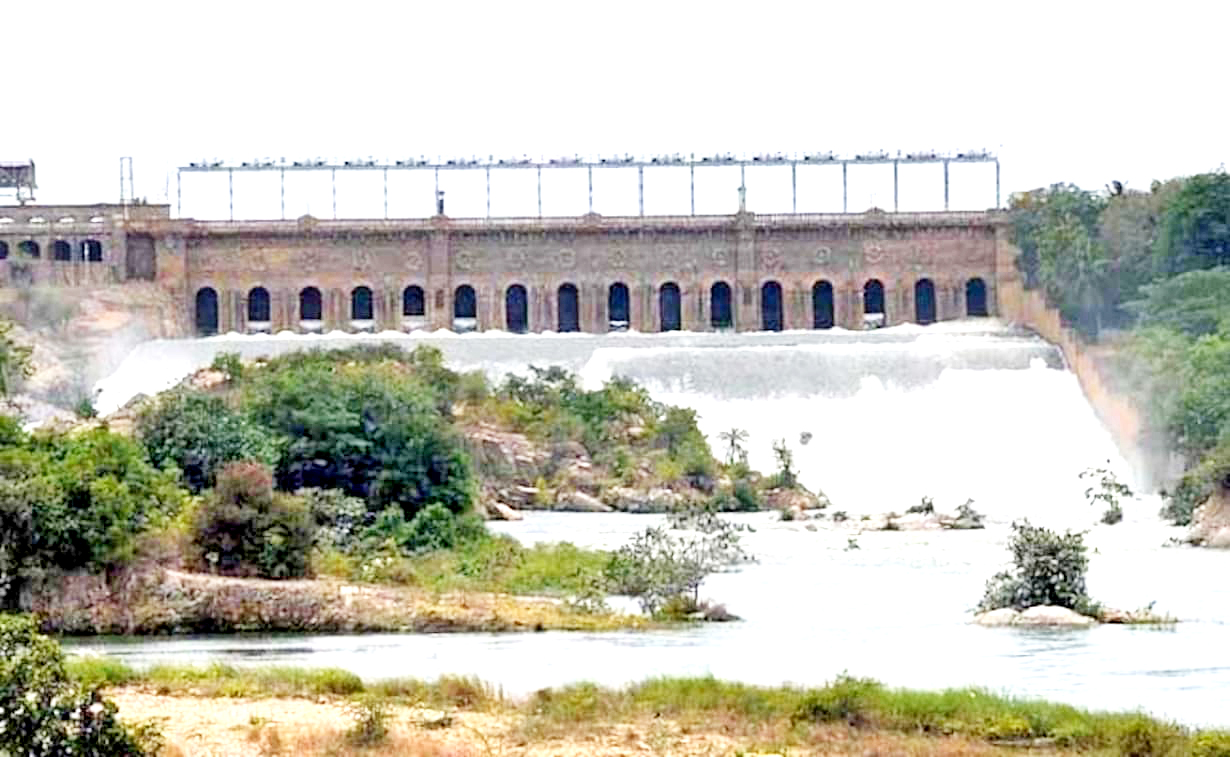


In a significant development reminiscent of the Cauvery Water Management Authority’s earlier order, a three-judge bench of the Supreme Court has directed the state of Karnataka to release 5,000 cusecs of Cauvery water to Tamil Nadu daily. The Supreme Court dismissed the state’s plea to stay the order issued by the Kacheri Water Management Authority, which mandated the daily release of 5,000 cusecs of water to Tamil Nadu. Additionally, the Supreme Court bench has decided to hear the arguments of farmers from both states who have petitioned on the matter. As per the Supreme Court’s directive, Karnataka must release 5,000 cusecs of water to Tamil Nadu every day for the next 15 days. Earlier, the Cauvery Water Management Authority had ordered the release of 5,000 cusecs of water from September 13 to 15, a move contested by Karnataka in the Supreme Court. Karnataka cited the worsening drought conditions in the Cauvery basin and inadequate inflows to its reservoirs, making it challenging to release water for drinking and irrigation needs. In response, Tamil Nadu had demanded a total release of 12,500 cusecs of water for the next 15 days, including the balance of 6,500 cusecs. Ultimately, the Cauvery Management Authority upheld the recommendation of the Cauvery Water Control Committee, ordering the release of 5,000 cusecs of water daily for 15 days, a decision affirmed by the Supreme Court. The release of water has sparked massive protests in various parts of Karnataka, particularly in the Old Mysore region. Locals fear that the water shortage may worsen within Karnataka itself due to inadequate rainfall in the Cauvery basin. Despite these concerns, the Supreme Court’s directive has led to demonstrations in multiple cities, with activists from the Karnataka Defense Forum taking to the streets in Bengaluru to voice their opposition to releasing water to Tamil Nadu. Several arrests were made during these protests, and similar demonstrations occurred in Mandya, Mysore, and Chamarajanagar. In an effort to address the situation, Karnataka’s state government has sought intervention from central leaders. Chief Minister Siddaramaiah and Deputy Chief Minister DK Shivakumar met with Union Water Power Minister Gajendra Singh Shekhawat to discuss the Cauvery water allocation issue. Following their meeting, they held a joint press conference, where they expressed cautious optimism about the Union Minister’s response. CM Siddaramaiah stated, “We have informed the Union Minister about our plight, and his response was positive. We have also requested a meeting with the Prime Minister to discuss the situation and seek his intervention to convene representatives from all four states involved. We urgently require 106 TMC of water for crop protection, drinking water, and industrial purposes, but our reservoirs currently hold only 51 TMC due to the historically low rainfall in August and September.” Meanwhile, security has been heightened near the KRS Dam in light of the Supreme Court’s verdict, with tight police presence at the dam’s main entrance to maintain order. In a somewhat unrelated development, the Kannada film industry has faced criticism for not actively supporting the Cauvery water issue. Kannada organisations had called on the industry’s elite to speak out on the matter, and actors such as Darshan and Shivrajkumar have since expressed their willingness to join the cause. As the Cauvery water dispute continues to unfold, tensions run high in Karnataka, with concerns over water availability and protests dominating the headlines.